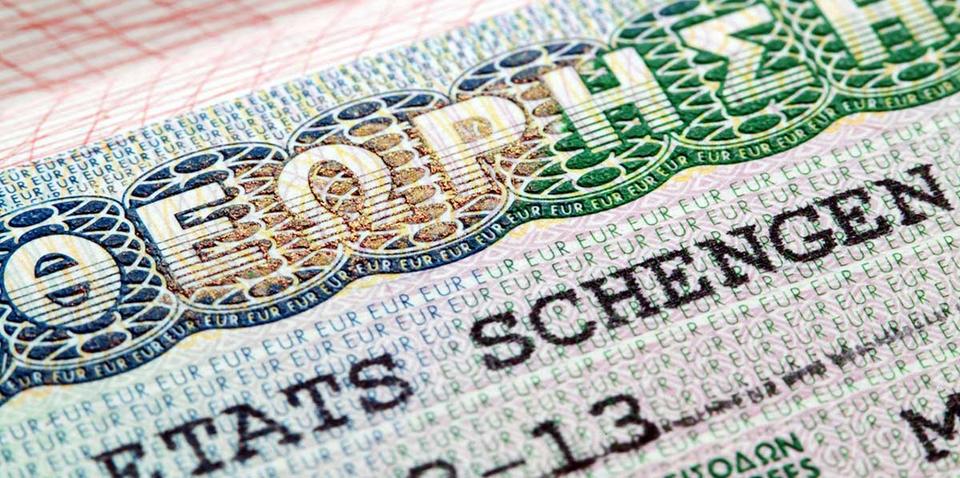The European Travel Information and Authorisation System is being introduced to strengthen and improve internal security within EU countries
UAE nationals looking to journey into Europe will soon have to apply for special travel authorisation.
The European Travel Information and Authorisation System (ETIAS) will apply to citizens from all countries who enjoy visa-free entry into the European Union’s Schengen Zone and will come into force from January 1, 2021.
The electronic system, which keeps track of visitors, is being introduced to strengthen and improve internal security within member countries.
The ETIAS will apply to UAE nationals, along with nationals from 61 other countries including Australia, Canada, Japan, Singapore and the United States.
The move is being closely followed by the Mission of the UAE to the EU, according to a report from Emirates News Agency (WAM).
The form requires an applicant’s full name, place of birth, gender, and nationality. Anyone applying will need to have a valid passport, provide their email address, and use a debit or credit card to pay the €7 ($7.75) application fee – the process is expected to take less than 10 minutes. Forms are then checked against European and international databases in an automated process expected to last only a few minutes.
The EU expects most application forms to be approved automatically through the system, with a validity of up to three years or until the end of validity of the registered travel document.
However, if an application is flagged by one or more databases, the application will be processed manually and may require additional information from the applicant. The manual processing is expected to take a maximum of two weeks.
If an application is denied, the applicant will receive a denial message specifying the reason for the denial and they can then appeal the decision or, based on the denial reason, adjust their application and try again.
The ETIAS authorisation does not grant entry into certain countries in Europe, which are not part of the Schengen Zone, such as the United Kingdom.
Meanwhile, from February 2 this year the fee for a Schengen visa, which is needed to access 26 European countries, is being raised from €60 ($66) to €80 ($88) for adults and from €35 ($39) to €40 ($44) for children aged between six to 12-years-old.

